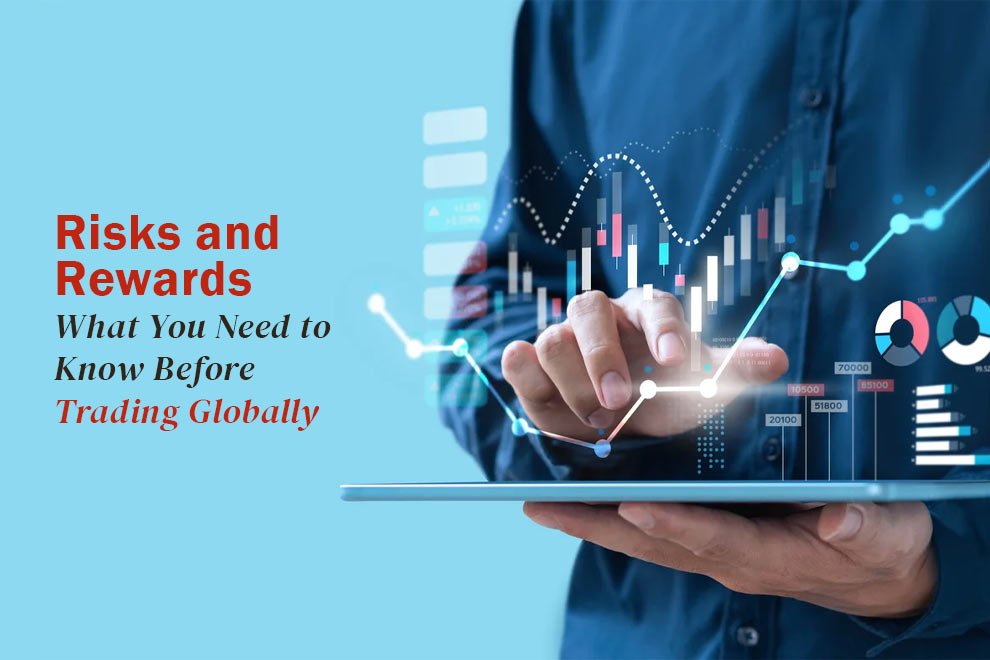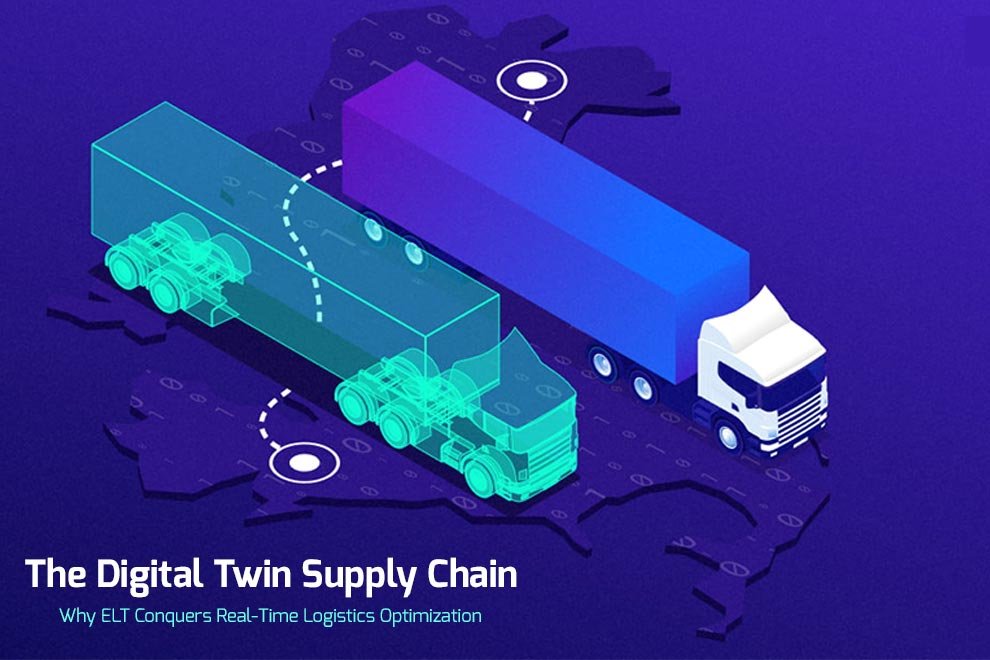Global trading provides great chances for diversifying your portfolio and exploring marketplaces in other locations and businesses. However, with the promise of large gains comes the reality of inherent hazards. Understanding the dangers and benefits of global trading is critical for any investor or trader attempting to navigate this vast and frequently chaotic landscape.
The Benefits of Trading Globally
Global trade provides a plethora of options for individuals prepared to devote the time and effort required to comprehend international markets. Here are some of the primary benefits of trading on a worldwide basis.
Diversification and risk reduction
One of the key advantages of global trading is the potential to diversify your portfolio. Investing in assets from other countries or regions helps to spread risk and mitigate the impact of local market downturns. When one market declines, the other markets in your portfolio may outperform, offsetting the loss.
Benefits of diversification:
- Gain access to fresh growth prospects in emerging markets.
- Protection from country-specific hazards such as political instability and economic downturns.
- The ability to profit from diverse economic cycles in distinct places.
Gain access to new and lucrative markets
Global commerce offers access to some of the world’s most dynamic and profitable marketplaces, including emerging economies. These markets may have stronger development potential than established economies, particularly in industries such as technology, healthcare, and infrastructure.
Opportunities for global markets:
- Exposure to rapidly rising economies with untapped potential.
- Access to a variety of sectors not found in your native market.
- The capacity to capitalize on currency swings, which can increase returns.
Increased liquidity
Trading worldwide frequently provides access to a wider pool of investors and a higher volume of deals, increasing liquidity. Higher liquidity allows you to acquire and sell assets more readily and at better prices. This is especially crucial for people who practice short-term trading techniques.
Advantages of increased liquidity:
- Reduced price slippage, which means trades are executed closer to their expected price.
- More options to enter and exit positions at your desired price.
- Improved ability to execute deals swiftly, especially in fast-paced markets.
Risks of Trading Globally
Despite the benefits, global trade carries its own set of risks, which must be carefully managed. The following are some of the most significant dangers associated with international trade.
Currency risk
When dealing in overseas markets, currency risk (or exchange rate risk) is one of the most important aspects to consider. Exchange rates fluctuate continuously, affecting the profitability of your trades. For example, if you trade in a foreign currency and its value falls relative to your native currency, you may lose money, even if the underlying asset increases in value. Incorporating leverage trading amplifies this risk, as it increases both potential gains and losses tied to currency fluctuations.
How to manage currency risk:
- Hedging tactics might help to avoid future currency fluctuations losses.
- Diversify your currency exposure to spread the risk across multiple foreign currencies.
- Monitor global economic factors that affect currency movements, such as interest rates and inflation.
Political and economic instability
A wide range of political and economic events have an impact on global markets, and the dangers of volatility increase when trading in developing or turbulent nations. A rapid shift in government, economic policies, or foreign relations can have a dramatic impact on market circumstances and result in significant losses. Political events such as elections, trade wars, or political instability can suddenly shift market sentiment, resulting in abrupt drops or rallies.
How to deal with political and economic instability:
- Stay current on the political situation and future elections in the markets you trade.
- Follow worldwide economic reports and government pronouncements.
- Use stop-loss and limit orders to control exposure during high-risk periods.
Regulatory and legal risks
Every country has its own regulatory framework for trading and investment, and these restrictions might change abruptly. Due to the global nature of trading, traders must follow a variety of regulations, including tax laws, securities laws, and market trading restrictions. Failure to comprehend or comply with local legislation may result in penalties or losses, therefore due diligence is vital.
Methods to manage regulatory risks:
- Research and familiarize yourself with the legislation of each country where you intend to trade.
- Consult with a financial advisor or legal professional who understands foreign trade legislation.
- Keep track of any changes to global financial legislation that may affect your trading activities.
Market volatility
Global markets can be turbulent, and this volatility is typically magnified in emerging markets or during periods of economic instability. A quick movement in market sentiment can cause prices to swing dramatically, resulting in large losses if risk management is not properly implemented.
How to manage market volatility?
- Use risk management measures like as stop-loss orders to reduce potential losses.
- Trade less during extremely volatile times, such as before or after important economic reports or events.
- Diversify your portfolio to reduce exposure to volatile assets or markets.
Time zone differences and market hours
One of the difficulties of trading globally is the influence of time zone differences. Market hours vary by country, and time zone discrepancies might make real-time monitoring and execution challenging. Missing a critical market event might result in missed chances, whereas trading all night can lead to tiredness and poor decision-making.
How to handle time zone differences:
- Set up automatic trading tools or trading robots to conduct deals when you are not available.
- Schedule your trading hours around the market sessions that are most important to your approach.
- Use mobile trading apps to monitor and execute deals while you’re on the go.
Trading Globally: Opinion
Global trading has numerous benefits, including access to other markets, new growth prospects, and increased liquidity. However, it carries dangers like as currency fluctuations, political instability, and regulatory issues. To thrive in global markets, it is critical to comprehend these risks and develop effective risk mitigation techniques.
By staying informed, diversifying your portfolio, and employing appropriate risk management techniques, you can maximize the benefits while minimizing the risks of global trading. Always approach foreign trading with caution and attention, ensuring that you are well-prepared to manage this fascinating but complex world.










